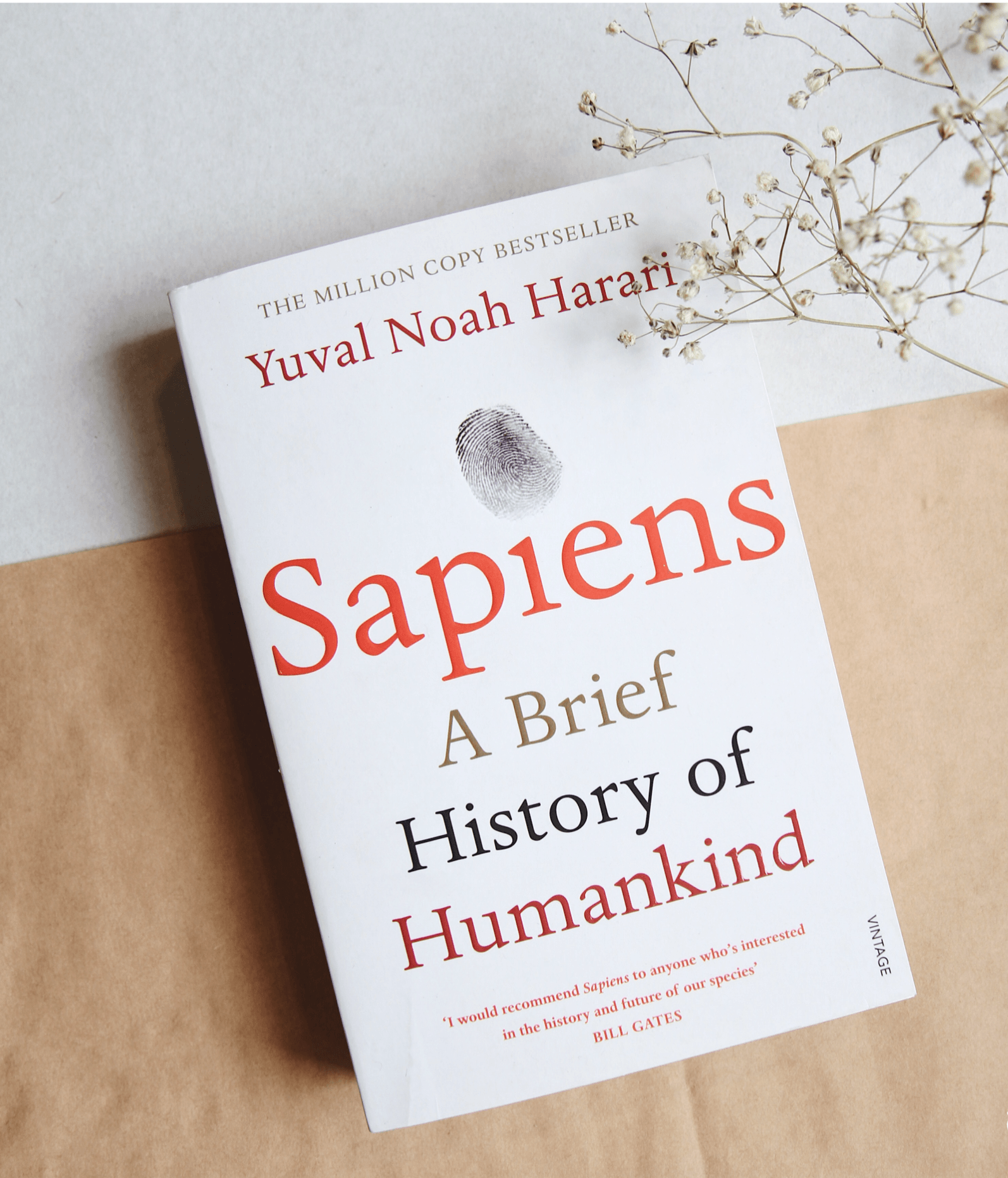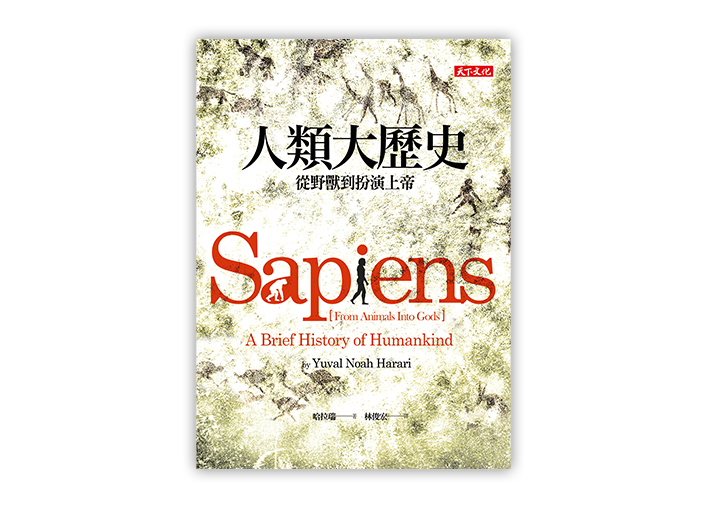

And to analyze and find patterns in this data and to get a much better idea of who you really are. And based on that, to increasingly manipulate you This outside system, it has the potential to remember everything. Yuval Noah Harari: To hack a human being is to get to know that person better than they know themselves. Without greater regulation, Harari believes we are at risk of becoming what he calls "hacked humans." Eventually within 10 or 20 or 30 years such algorithms could also tell you what to study at college and where to work and whom to marry and even whom to vote for. Harari speaking at The Future of Education: Netflix tells us what to watch and Amazon tells us what to buy. And the third principle is that, never allow all the data to be concentrated in one place. Another key rule, that whenever you increase surveillance of individuals you should simultaneously increase surveillance of the corporation and governments and the people at the top. Yuval Noah Harari: One key rule is that if you get my data, the data should be used to help me and not to manipulate me.
#BOOKS BY YUVAL NOAH HARARI HOW TO#
Harari has been criticized for pointing out problems without offering solutions, but he does have some ideas about how to limit the misuse of data.


Increasingly, that's the basis for how- for medical research. Yuval Noah Harari: Because to develop new medicines, new treatments you need the medical data. The data did not include individual citizens' identities.Īnderson Cooper: So what does Pfizer want the data of all Israelis for? Harari says the countries and companies that control the most data will in the future be the ones that control the world.Įarlier this year, the Israeli government gave its citizens' health data to Pfizer to get priority access to their vaccine. Some lenders routinely use complex artificial intelligence algorithms to determine who qualifies for loans and global financial markets are moved by decisions made by machines analyzing huge amounts of data in ways even their programmers don't always understand. Yuval Noah Harari: They are already gaining power over us. But actually, it's- it's much more frightening than that in a way they will be able to solve more and more problems better than us without having any consciousness, any feelings.Īnderson Cooper: And they will have power over us? Now in science fiction, it's often assumed that as computers will become more and more intelligent, they will inevitably also gain consciousness. They solve problems in a completely different way than us.

But computers or artificial intelligence, they don't have consciousness. Intelligence is the ability to solve problems. Consciousness is the ability to feel things, like pain and pleasure and love and hate. For millions of years, intelligence and consciousness went together. Yuval Noah Harari: Maybe the biggest thing that we are facing is really a kind of evolutionary divergence. You're also embraced by a lot of folks in Silicon Valley. His writings have been recommended by President Barack Obama, as well as tech moguls, Bill Gates, and Mark Zuckerberg.Īnderson Cooper: You raise warnings about technology. He has written two books about the challenges we face in the future - "Homo Deus" and "21 Lessons for the 21st Century" - which along with "Sapiens" have sold more than 35 million copies and been translated into 65 languages. Harari at Davos in 2018: In the coming generations we will learn how to engineer bodies and brains and minds. Harari has spent the last few years lecturing and writing about what may lie ahead for humankind. If the new technologies are available only to the rich or only to people from a certain country then Homo sapiens will split into different biological castes because they really have different bodies and- and different abilities. Yuval Noah Harari: One of the dangers is that we will see in the coming decades a process of- of s- of- greater inequality than in any previous time in history because for the first time, it will be real biological inequality. Anderson Cooper: What does that do to a society? It seems like the rich will have access whereas others wouldn't.


 0 kommentar(er)
0 kommentar(er)
